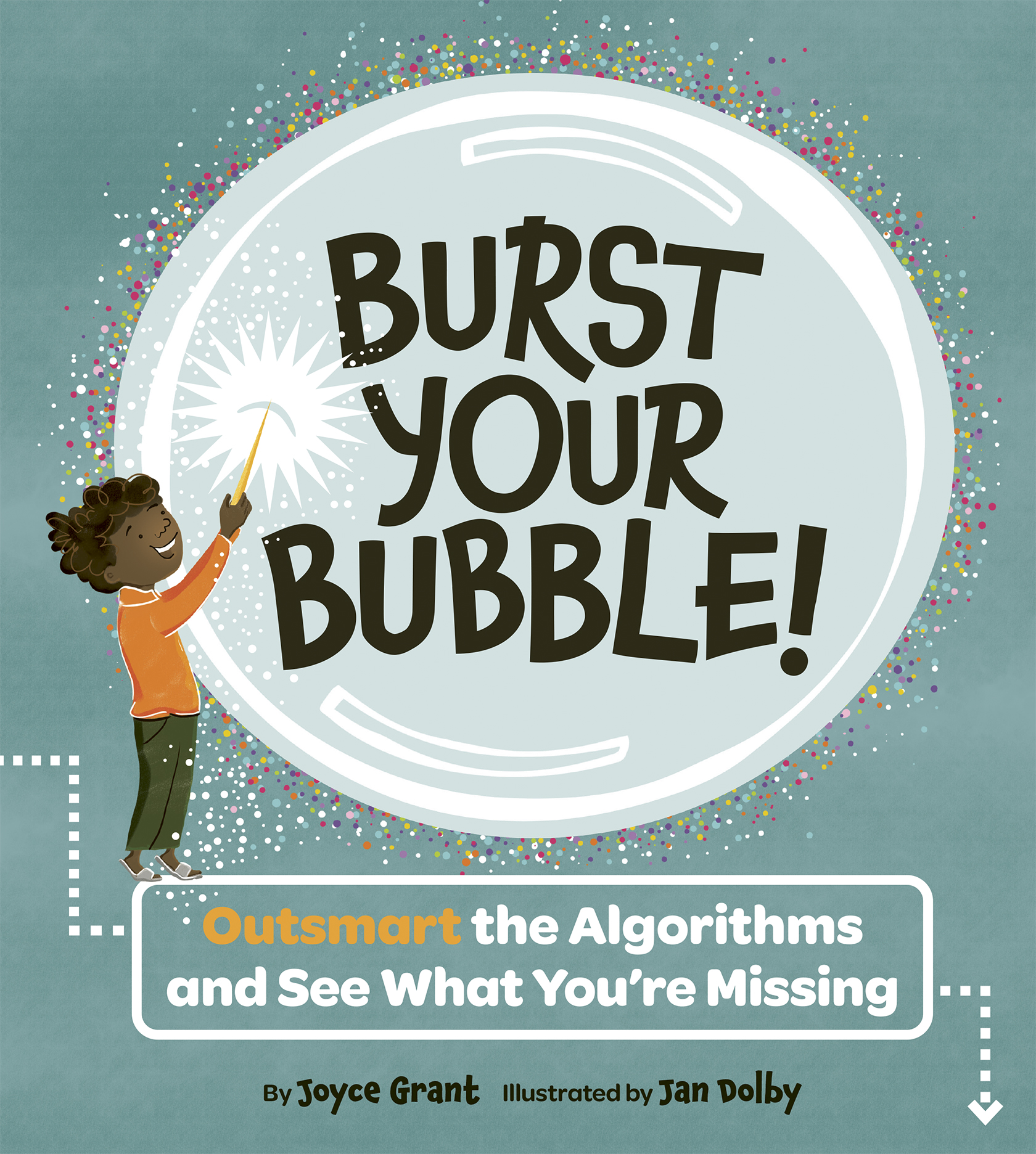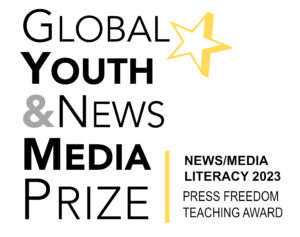On May 2, Canada is having a federal election. Before an election, the candidates work hard to let Canadians know what their ideas are and what they will do for the country if they win the election. They’re trying to get people to vote for them by speaking directly to Canadians.
One of the most important ways in which they can get their ideas across is a “debate.” There will be a debate on Tues., April 12 in English at 7 p.m. EST. There will be another debate with the same people but in French, on Wednesday at 8 p.m. EST.*
During the debate, the leaders of Canada’s four main political parties will answer questions about what they would do if one of them became Prime Minister. For instance, candidates may talk about what government programs they will put in place or how they will spend Canada’s money.
Many Canadians want to watch the debate so they can get a better idea of who they would like to see as our Prime Minister. During the last election nearly eight million Canadians watched the debates on TV. It is a very big event.
The four leaders who will be debating are our current prime minister, Stephen Harper (Conservative Party), Michael Ignatieff (Liberal Party), Jack Layton (NDP), and Gilles Duceppe (The Bloc Quebecois).
The debate will last two hours and the leaders will be asked six questions. After each question, two of the leaders will debate each other for six minutes. When those two leaders are finished debating, all of the leaders can join in and discuss the question that was asked.
Here is the order in which the leaders will square off in the first debate:
Question 1 – Stephen Harper v. Gilles Duceppe**
Question 2 – Michael Ignatieff v. Jack Layton
Question 3 – Stephen Harper v. Michael Ignatieff
Question 4 – Gilles Duceppe v. Jack Layton
Question 5 – Michael Ignatieff v. Gilles Duceppe
Question 6 – Jack Layton v. Stephen Harper
We don’t yet know what questions will be asked. That is the job of the moderator. The moderator for this debate is journalist Steve Paikin. He will ask the questions and make sure the candidates do not talk over each other or argue too much during the debate.
Canadians can watch the debates (French and English) on the CBC, CTV, Global Television and TVA (French) networks. The English debate begins tonight (Tuesday) at 7 p.m. EST.
The French debate will be held tomorrow (Wednesday) at 8 p.m. It will be entirely in French and co-hosted by journalists Anne-Marie Dussault and Paul Larocque.
Here is the order in which all of the leaders will appear in the French debate:
Question 1 – Michael Ignatieff v. Gilles Duceppe
Question 2 – Stephen Harper v. Jack Layton
Question 3 – Michael Ignatieff v. Stephen Harper
Question 4 – Gilles Duceppe v. Jack Layton
Question 5 – Stephen Harper v. Gilles Duceppe
Question 6 – Jack Layton v. Michael Ignatieff
The French debate was originally scheduled for Thursday but was changed because there is a hockey playoff game between the Montreal Canadiens and the Boston Bruins on Thursday. All the leaders said they thought it was a good idea to reschedule the debate so people can watch the debate and the hockey game, and not have to miss either one.
You should watch the debate on TV to see what it’s like and what the leaders each have to say about what they would do if they are elected. Sometimes debaters get into very heated arguments. It is the moderator’s job to cool things down and keep them on track.
Tomorrow, the newspapers will likely publish articles about who “won” the debate. There really is no “winner” or “loser.” They will be referring to who made the best and most persuasive points, and who did really well thinking quickly against their opponents.
*EST means “Eastern Standard Time”
**v. means “versus” or “against”
CURRICULUM CONNECTIONS
Writing/Discussion Prompt
Most of the leaders speak English as their first language. Gille Duceppe’s first language is French. How do you think that may affect the English or the French debate?
Reading Prompt
If you were the moderator for the debate and you had to think of the six questions to ask the candidates, which six questions would you ask them and why?
Primary
Extend understanding of texts by connecting the ideas in them to their own knowledge and experience, to other familiar texts, and to the world around them (OME, Reading: 1.6).
Junior
Extend understanding of texts by connecting the ideas in them to their own knowledge, experience, and insights, to other familiar texts, and to the world around them (OME, Reading: 1.6).
Intermediate
Extend understanding of texts, including increasingly complex or difficult texts, by connecting the ideas in them to their own knowledge, experience, and insights, to other familiar texts, and to the world around them (OME: Reading: 1.6)
Grammar Feature: Abbreviation
An abbreviation is a short form of a word. One example of an abbreviation that is used several times in the article is ‘v.’ which is the short form for the word ‘versus’.
Can you think of the abbreviation for the following words?
1. Example
2. Etcetera
3. Centimeter
4. Company
5. Teaspoon
6. Kilogram







